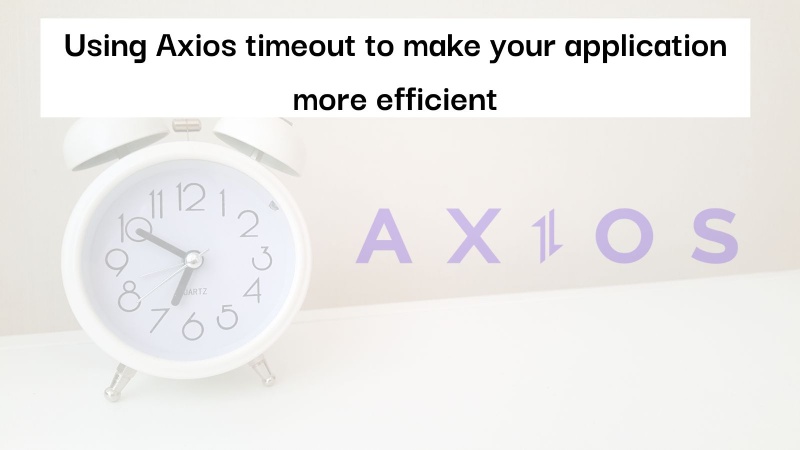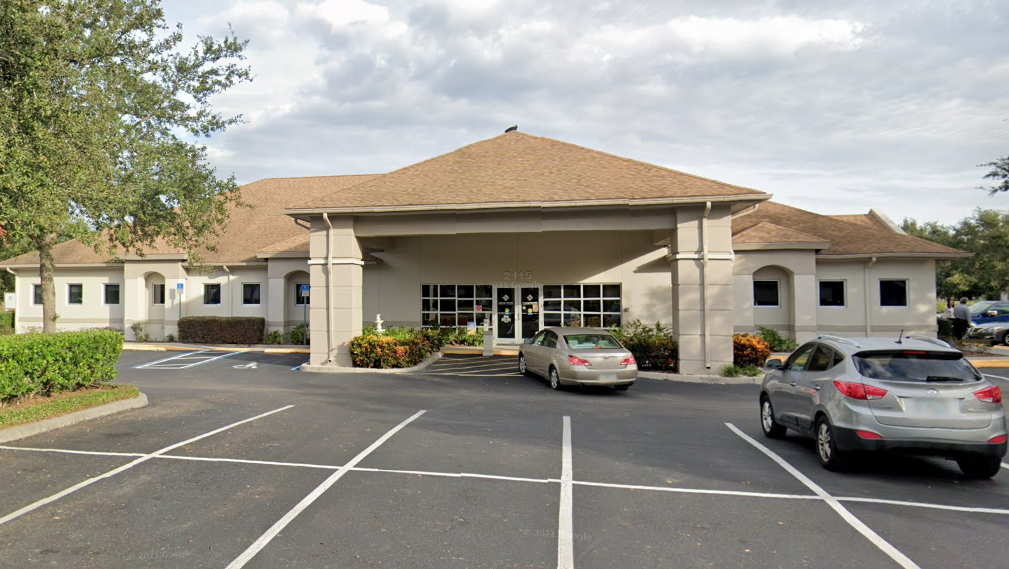Abigail Kreuser explained she will make an exertion to obtain the greener model of products she requires, even if they price tag much more.
“I usually purchased the wet brush that experienced the biodegradable plastic, but it held breaking, so I got the regular wet brush,” reported Kreuser, a initially-calendar year biology Ph.D scholar.
Lots of college students on campus mentioned they, like Kreuser, want to assist the surroundings by their searching habits. Nonetheless, the majority discover increased prices and a standard distrust of organizations stop them from undertaking this.
“I often attempt to see if there is an alternative readily available which is a lot more environmentally friendly and more sustainable,” claimed Tara Barlowe, a initially-year worldwide enterprise and advertising and marketing pupil.
Barlowe mentioned this is a precedence for her because she trusts and appreciates pure, chemical-totally free products and solutions. She even is keen to devote the more greenback if it aids the surroundings, as extensive as it is not abnormal.
Most college students, however, are not like Barlowe and Kreuser. They say price tag matters for the reason that they are on a minimal funds, a popular problem for higher education students. Nevertheless, this reality can make some sense guilty for purchasing inexpensive, non-sustainable choices.
“I would like to say I shop sustainable, but no, due to the fact it truly is additional expensive, and I am so broke correct now, so we are going with what I can find the money for,” claimed Megan Laurendeau, a fourth-year biology important. “Ideally in the long run, perhaps certainly.”
She smiled when she defined how her mate, an environmental pupil, hassles her for browsing at non-sustainable suppliers like Shein, a international, on the net corporation that sells cheap outfits.
“She virtually is down our throats all the time about it. Any time one of us sends our Shein carts or our Zara cart, she’s like ‘you’re ruining the entire world, like, do you want grandkids?’,” Laurendeau reported.
Lots of people, like Laurendeau, have an “intention-motion” hole, which transpires when individuals say they intend to choose a certain action, like procuring sustainably, but really don’t, in accordance to the Harvard Business enterprise Review.
Most concur that creating selling prices of eco-friendly alternate options comparable to their non-environmentally friendly counterparts is the first step in closing this hole.
“At the time we get to the level as a society exactly where they can be price aggressive for the reason that irrespective of whether it truly is in the grocery retailer you know it truly is, like, organic and natural or, like, a biodegradable packaging, it truly is just likely to cost additional to make, manufacture and in the end provide,” stated Clark Andre, a fourth-calendar year finance and danger administration college student.
Andre also explained promotion can make sustainable products additional eye-catching to people — even though price ranges can be an impediment — but there nevertheless needs to be a way to sustainably resource and manufacture the item affordably.
“I assume it would be superior to have extra alternatives that (are sustainable) but they will need to make it much more very affordable and there demands to be some sort of way to truly know that those manufacturers are carrying out what they say they are,” said Jordan Marcengill, a fourth-year biology scholar.
Learners had a general distrust of firms that marketplace their items as sustainable. They stated that due to the fact companies know buyers want to acquire environmentally welcoming items, those providers could be tempted to say their products are sustainable even when they are not.
To additional shut the “intention-action hole,” lots of students explained there should be a established normal for when companies can claim a product is eco-pleasant.
For example, the Foodstuff and Drug Administration (Fda) has no official definition for the expression “organic and natural,” but the U.S. Office of Agriculture (USDA) regulates the use of “natural and organic” on packaging by means of the Nationwide Organic and natural Software (NOP).
College students claimed they often never know what to look for to assure they’re buying environmentally helpful packaging or goods.
“Are they truly telling the fact? Due to the fact you never genuinely know. And then, it could say it is sustainable but then that could be the worst matter for you,” reported Kameron Baca, a second-yr film and media important.
Others are additional trusting of firms advertising and marketing eco-friendly goods.
Picking goods primarily based on “what’s on the bottle, it can make me say ‘OK this one is going to be superior for me,'” mentioned Hannah Hopper, a second-yr physical education and learning college student.
General, college students reported they come across it hard to make the appropriate preference, and must do study right before they get.
“I imagine it’s complicated, even nevertheless I am picking the inexperienced one particular. I you should not know if it’s seriously, like, sustainable or if they are dealing with the earth or its staff improved than the other products,” stated Kreuser, the Ph.D student. “I have to do that study myself, which is tricky.”







